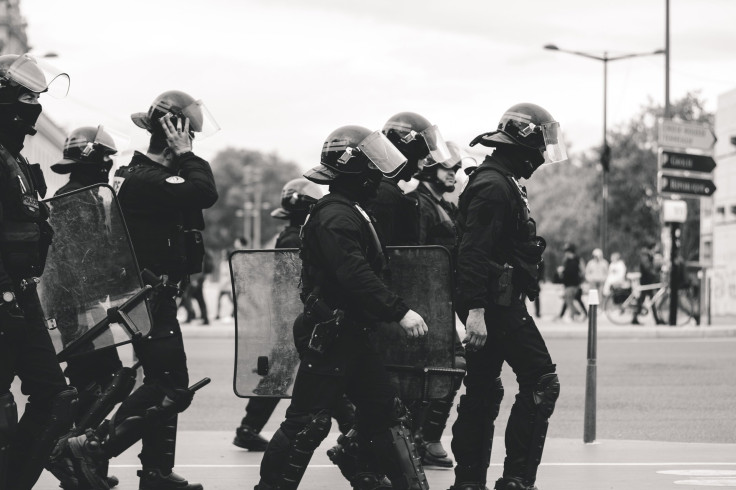
The 5th U.S. Circuit Court of Appeals began hearing arguments on the merits of SB4, the Texas law allowing state authorities to arrest and deport migrants crossing the border unlawfully, hours after halting its implementation. According to different outlets, its members were divided on their assessment.
According to The New York Times, two of the three judges spoke after hearing the parties and they "appeared to be at odds." "One appears skeptical of the Texas migrant arrest law, and another has sharply questioned the Justice Department lawyer. The third, judge Irma Carrillo Ramirez, who was appointed by President Joe Biden, has not spoken."
On Texas' side, state Solicitor General Aaron Nielson said that the state "has a right to defend itself," and added that the court acknowledged that "sometimes those associated with the cartels cross over the border with malicious intent."
He also asked judges to send the case to the district court, which initially blocked its implementation, with instructions for the injunction to be amended and the portions of the law that judges believe to be legal to go into effect.
Nielson's core argument is that SB4 mirrors federal law. When told that states don't have police power to remove people from the U.S., he said that while that is "certainly true," what the law does is "ou get the order from the judge, and the person is taken to the port of entry."
"What we're trying to do is to make sure that Congress, who sets the national immigration laws, that those laws are followed, and to the extent that we can't enforce federal law, which we're not claiming to do, we have laws that are the same as that with respect to these important provisions," he added.
Justice Department lawyer Daniel Tenny, in contrast, rejected the argument that the government isn't properly enforcing immigration laws. He added that the Supreme Court has "consistently recognized" that immigration enforcement "is reserved for the national government."
However, judges didn't issue a ruling from the bench and it's unclear when they could do so.
SB4 was briefly in effect on Tuesday after the Supreme Court lifted a stay allowing it to go ahead while the broader legal battle continued. Liberal justices Ketanji Brown Jackson, Elena Kagan and Sonia Sotomayor had disagreed about letting the law go into effect.
Texas authorities didn't announce any arrests or deportations during the period in which the law was in effect. The Associated Press reported that Kinney County Sheriff Brad Coe embraced the arrest powers but said deputies would need probable cause.

Senate Bill 4, as the proposed law is known, has been considered by opponents the most dramatic attempt by a state to police immigration since an Arizona law more than a decade ago that would have allowed police to arrest people for federal immigration violations, often referred to as the "show me your papers" bill."
Mexico's Ministry of Foreign Affairs announced that the country will participate as Amicus Curiae before the Fifth District Court of Appeals. The aim is "to provide relevant information on the law's impact on the Mexican and Mexican-American community, as well as its effect on relations between Mexico and the United States."
The law allows state authorities to arrest and potentially deport migrants who cross the border unlawfully. Concretely, they can identify, apprehend, and prosecute people under suspicion of having entered the country without authorization.
In addition, it classifies these illegal crossings as a Class B misdemeanor that carries a penalty of up to six months in jail. Migrants who don't leave and are arrested again could face more serious charges.
© 2024 Latin Times. All rights reserved. Do not reproduce without permission.







